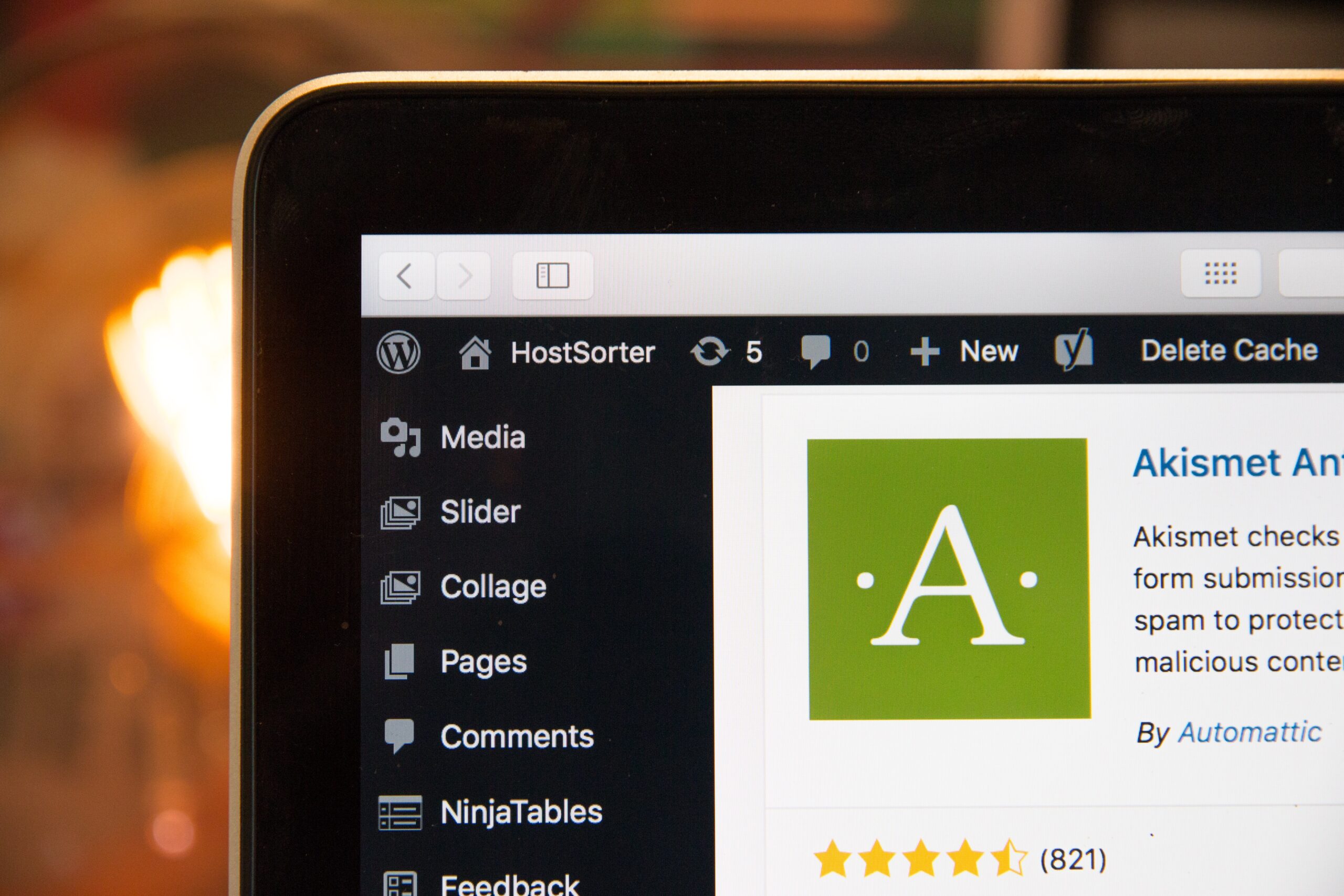Comparing Popular CMS Platforms: WordPress, Drupal, and Joomla

When it comes to building and managing websites, Content Management Systems (CMS) play a crucial role in providing users with the necessary tools and functionalities. Three of the most popular CMS platforms in the market today are WordPress, Drupal, and Joomla. In this article, we will compare and review these platforms, exploring their features, customization options, and suitability for different types of websites.
1. WordPress:
WordPress is the most widely used CMS platform, powering over 40% of all websites on the internet. It is known for its user-friendly interface, extensive plugin library, and strong community support. With WordPress, beginners can easily set up a website, while developers can harness its flexibility for complex projects.
Features:
– Easy installation and setup process.
– Vast selection of themes and plugins for customization.
– Intuitive and user-friendly interface.
– Strong blogging capabilities.
– SEO-friendly structure.
– Large community of developers and users for support.
Customization Options:
– Thousands of free and premium themes to choose from.
– Extensive plugin library for adding functionalities.
– Ability to create custom themes and plugins with coding knowledge.
– WordPress Customizer allows real-time preview of changes.
Suitability:
– Ideal for small to medium-sized websites, blogs, and e-commerce stores.
– Well-suited for non-technical users and beginners.
– Offers robust blogging capabilities.
– Great for SEO optimization and content-focused sites.
2. Drupal:
Drupal is a powerful and highly customizable CMS platform that offers advanced functionalities and scalability. It is known for its flexibility, security features, and ability to handle large and complex websites. Drupal is often preferred by developers and enterprises due to its robust architecture.
Features:
– Advanced user management and permission settings.
– Excellent security features.
– Extensive content organization and categorization options.
– Scalable and suitable for large and complex websites.
– Multilingual capabilities.
– Robust developer community and documentation.
Customization Options:
– Provides a strong framework for creating custom modules and themes.
– Wide range of contributed modules for added functionalities.
– Flexible content types and taxonomies for customized content structures.
Suitability:
– Well-suited for large websites, government sites, and enterprise-level projects.
– Offers advanced customization options for developers.
– Provides robust security features.
– Ideal for complex content organization and categorization.
3. Joomla:
Joomla is a versatile CMS platform that falls between WordPress and Drupal in terms of complexity. It offers a balance between user-friendliness and advanced features. Joomla is known for its ease of use, extensibility, and strong community support.
Features:
– User-friendly interface with intuitive navigation.
– Flexible and extensible framework.
– Multilingual capabilities.
– Built-in SEO features.
– Wide range of templates and extensions available.
– Active and supportive community.
Customization Options:
– Large selection of templates for different website types.
– Extensive range of extensions and plugins for added functionalities.
– Ability to create custom templates and extensions.
Suitability:
– Suitable for medium-sized websites, online magazines, and e-commerce stores.
– Offers a balance between ease of use and advanced features.
– Ideal for community-based websites and social networking platforms.
– Suitable for users with some technical knowledge.
Conclusion:
Choosing the right CMS platform depends on the specific needs and requirements of your website. WordPress is the go-to choice for beginners and non-technical users, offering a user-friendly interface and a vast ecosystem of themes and plugins. Drupal excels in scalability, security, and complex content structures, making it suitable for large enterprises. Joomla strikes a balance between user-friendliness and advanced features, catering to medium-sized websites and community-driven platforms. Consider the features, customization options, and suitability for your website type to make an informed decision.
Phil is the owner, principal designer, and developer at All Saints Media. He has been in the industry for over 20 years and enjoys working with clients from a variety of industries.
Phil is a 1995 graduate of Cedarville University. He has a Bachelors in History. He received his Masters in Biblical Studies from Antietam Bible Seminary in 2007. Along with being a web and graphic designer, Phil is the senior pastor at The Crossings Community Church, MD.
Phil is married, and is the father of 5 beautiful children.

